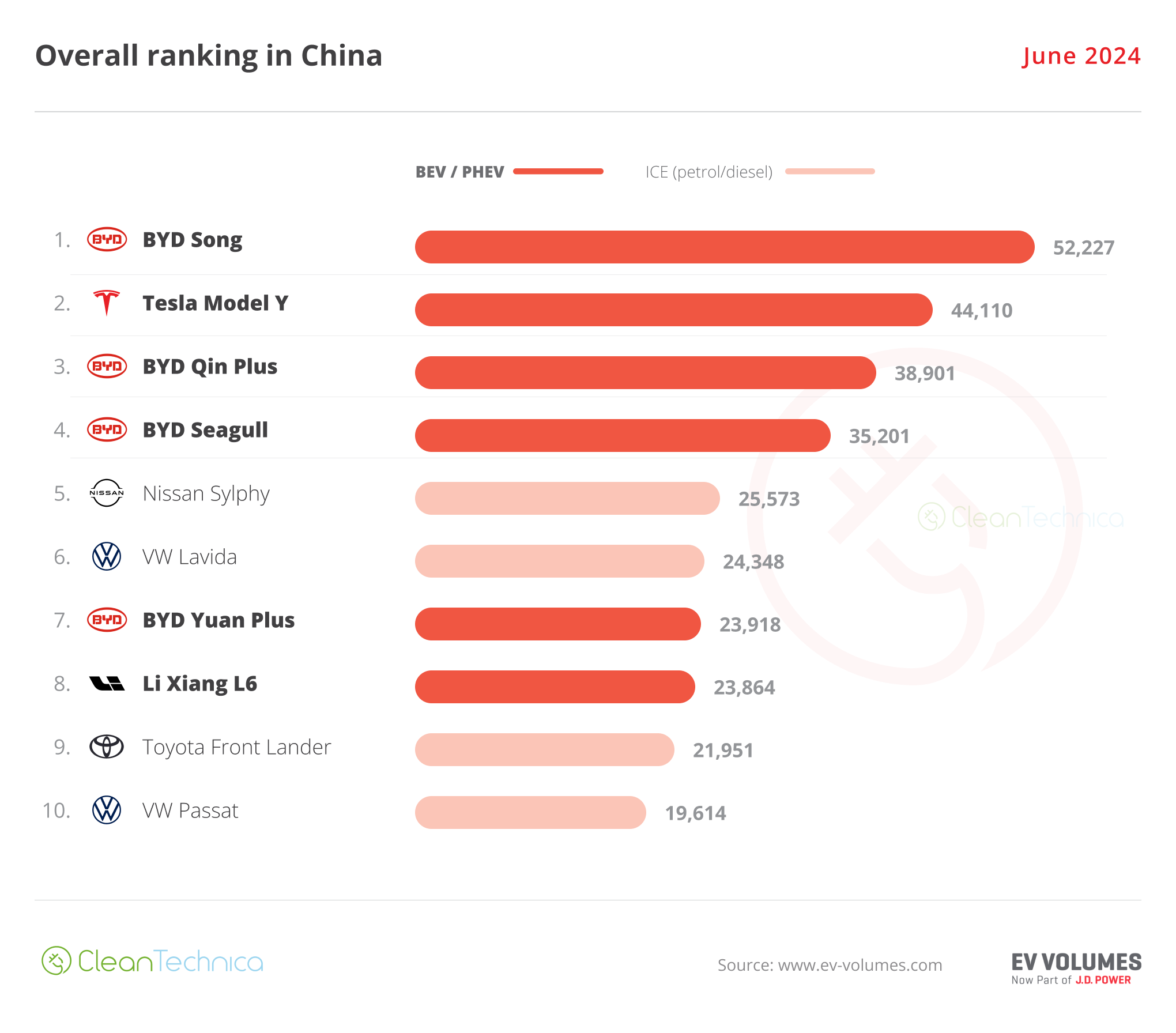
When Joe Biden was running for president, he made environmental justice a cornerstone of his campaign. After he was elected, he honored his pledge by making environmental justice part of everything his administration does. But what is it, exactly? Every discussion begins by defining its terms. For that, let’s turn to Wikipedia:
Environmental justice is a social movement to address Environmental injustice, which is the exposure of poor and marginalized communities to harm from hazardous waste, resource extraction, and other land uses from which they do not receive benefits. The movement has generated hundreds of studies showing that exposure to environmental harm is inequitably distributed. Environmental justice is the fair treatment and meaningful involvement of all people regardless of race, color, national origin, or income, with respect to the development, implementation, and enforcement of environmental laws, regulations, and policies.
Environmental justice is typically defined as distributive justice, which is the equitable distribution of environmental risks and benefits. Some definitions address procedural justice, which is the fair and meaningful participation in decision-making. Other scholars emphasize recognition justice, which is the recognition of oppression and difference in environmental justice communities. People’s capacity to convert social goods into a flourishing community is a further criteria for a just society.
The United States Environmental Protection Agency defines environmental justice as:”The fair treatment and meaningful involvement of all people regardless of race, color, national origin, or income, with respect to the development, implementation, and enforcement of environmental laws, regulations, and policies.”
Environmental justice is also discussed as environmental racism or environmental inequality.
Biden And Environmental Justice
Environmental justice has become a big priority for progressive Democrats and the Biden administration. Earlier this year, House Natural Resources ranking member Raúl Grijalva, a Democrat from Arizona, reintroduced the Environmental Justice for All Act, H.R. 1705, which would help communities fight projects that contribute to legacy pollution.
In an April executive order, Biden defined environmental justice to be “the just treatment and meaningful involvement of all people, regardless of income, race, color, national origin, tribal affiliation, or disability, in agency decision-making and other Federal activities that affect human health and the environment.”
Hoo boy, that really got House Republicans riled up. To them, environmental justice is just another “woke” scheme to disempower white people. What has their jodhpurs so jangled is the same blatantly racist animus that opposes critical race theory, Black Lives Matter, and racial preference in college admissions. Whites have ruled America since the first member of the Mayflower party to set foot on Cape Cod, who preceded to murder the first native person he encountered.
It continued in the plantation society that was concentrated in the south but was in fact common throughout the colonies. It is not widely known that many of the picturesque stone walls that are a defining characteristic of New England were not built by industrious farmers but by slaves — both Blacks and Native Americans. After World War II, the Federal Housing Administration was created to help returning veterans buy a home, but many of the communities where Black people lived were “redlined” by the banks, shutting the people who lived there out of the home ownership scheme that became the basis of a rejuvenated middle class.
Nixon contrived the War On Drugs in order to punish the Black Panthers for daring to seek power for their communities, which is the primary reason why nearly a third of all Black men have prison records. Perhaps you have never considered the consequences of those policies, but ask yourself a question: If you have a criminal record, what doors are closed to you that are open to everyone else?
Here’s a hint. According to the Brookings Institute, in 2019 the median white household held $188,200 in wealth — 7.8 times the $24,100 of the typical Black household. As a result, Black families and other marginalized citizens of the United States, can only afford to buy the lowest priced properties in the worst neighborhoods that are often next door to oil refineries and chemical plants that manufacture plastics and fertilizers that may be harmful to the health of those exposed to them.
The Republican Rage Machine
And yet, any attempt to address those inequalities — which are clearly unconstitutional — have sent House Republicans into a rage that has their faces covered in spittle as they rail against any and all efforts to give minorities a fair shake when it comes to where and how federal dollars get spent.
According to E&E News, a service of Politico, at a hearing before the House Natural Resources Committee earlier this year, Representative Tom Tiffany, a Republican from Wisconsin asked a representative from WE ACT for Environmental Justice, “Do you look at lives that are saved as a result of having affordable energy?”
He then informed Dana Johnson, senior director of strategy and federal policy at WE ACT, that infant mortality rates had gone down significantly in the United States since 1900 while life expectancy has risen. He said he wanted to know if such data points were considered in her environmental justice analyses “because affordable energy was part of the reason that those great advances were … made.”
The point, Tiffany said, was that it was important to consider trade-offs when analyzing who is affected by oil and gas projects, explaining that there were “good things” that have come from “affordable energy.” Johnson started to explain WE ACT looks “holistically at situations,” including the discriminatory real estate practice known as redlining, but Tiffany cut her off, telling her to send her analysis to his office.
Tiffany’s line of questioning is part of a broader trend among Republicans who are seeking to counter the growing environmental justice movement, which is focused on addressing disproportionate pollution affecting poor and minority communities, E&E News says. The GOP argues that fossil fuels, far from being a problem for the poor and disadvantaged, have been and continue to be a net benefit to humanity. Moreover, Team R says the transition to renewable energy is making rural and working class people pay higher energy costs, forcing millions of Americans into “energy poverty.”
Progressives reject such pro-fossil fuel arguments. “Who has benefited? The 1 percent has benefited in leaps and bounds,” said Michele Roberts, an environmental justice advocate from Delaware. “Meanwhile you have people living on the fence line. These communities that don’t even have access to clean drinking water.”
Republicans are marshaling their arguments and pushing action as part of a wider effort to short circuit or at least redefine environmental justice efforts. Last month, Representative August Pfluger, a Republican from Texas, introduced H.R. 3256, a bill that would kill a recent Biden executive order requiring the federal government to engage in early consultation with front line communities and tribes on energy projects.
Pfluger, whose district sits atop the Permian Basin, attacked the order. “This president is completely out of touch with the American people and the issues they are facing in their daily lives due to the policy failures of his administration,” he snarled in an interview with (wait for it) “Fox News.”
[Now that is interesting, since just before the US Supreme Court snuck out of town for a much needed summer vacation, it ruled that when the federal government signed a treaty with the Navajo Nation guaranteeing them that certain lands would be theirs in perpetuity, the treaty did not convey a right to clean water as part of the deal.]
Pockets Of Energy Poverty
Republicans increasingly argue that pockets of “energy poverty” are rampant throughout the country and in rural areas. [Of course, they offer no proof to support their arguments, a tactic Roy Cohn taught Joseph McCarthy before he shared it with Donald Trump.] It’s an idea that has circulated in conservative circles for years but has gained greater traction in the Biden years. Representative Harriet Hageman, a Republican from Wyoming, recently hit Interior Secretary Deb Haaland over the head with it during a hearing before the Natural Resources Committee.
“Do you believe energy poverty is a good thing?” she demanded. Her tone grew sharper after Haaland replied that she was unfamiliar with the term. Hageman said, “It’s probably pretty self-explanatory, though, don’t you think?” Haaland replied, “I think what we’re really trying to do with our clean energy goals is make energy more affordable for every single American.” And since every single industry source shows that renewable energy is cheaper than thermal generation, it is hard to see what Hageman was banging on about.
You won’t find Representative Hageman complaining about the billions and billions of dollars ratepayers in Georgia will be saddled with for decades because of cost overruns at the Vogtle nuclear power plant. Hageman seems to be incapable of anything other than regurgitating talking points spoon fed to her by fossil fuel lobbyists and the Republican National Committee.
The brazen assault on renewable energy and environmental justice focus a spotlight on just how far Republicans are willing to go to protect their masters — the fossil fuel companies who bought and paid for their political campaigns — and the rabid racism of their constituents. They must hold their noses and gag when they recite the Pledge of Allegiance, especially when they get to the part about “liberty and justice for all.”
Clearly, the Republican Party doesn’t care a flying fig leaf about such things. All they can think of is protecting their corporate masters and throwing red meat to the snarling, flag-waving mob that elected them. All Americans are entitled to the blessings of liberty, and those who would deny others that right should do us all a favor and go back to the countries their ancestors came from. Happy Fourth of July, everyone.
I don’t like paywalls. You don’t like paywalls. Who likes paywalls? Here at CleanTechnica, we implemented a limited paywall for a while, but it always felt wrong — and it was always tough to decide what we should put behind there. In theory, your most exclusive and best content goes behind a paywall. But then fewer people read it! We just don’t like paywalls, and so we’ve decided to ditch ours. Unfortunately, the media business is still a tough, cut-throat business with tiny margins. It’s a never-ending Olympic challenge to stay above water or even perhaps — gasp — grow. So …




